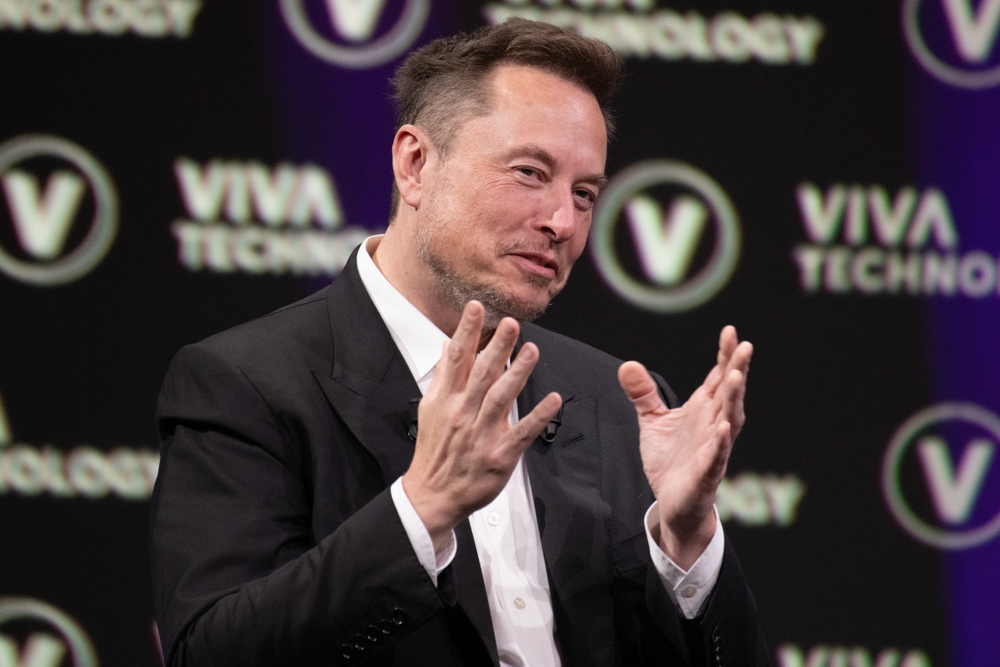The latest conflict centers on U.S. immigration policy.
Others are reading now
Elon Musk is no stranger to controversy.
As one of the world’s richest and most influential figures, his ventures often intersect with politics, shaping debates on technology, economy, and public policy.
Musk’s opinions frequently spark strong reactions, with both supporters and critics weighing in on his views.
His involvement in Donald Trump’s political orbit has only added another layer to his polarizing image, and recent disputes within Trump’s coalition highlight just how influential Musk has become.
Also read
A Rift Over Immigration
The latest conflict centers on U.S. immigration policy, particularly the H1-B visa program, which allows skilled foreign workers to contribute to American industries. according to Ziare.
Musk, a vocal proponent of the program, argues that attracting top global talent is essential for maintaining the country’s competitive edge.
“Bringing the best 0.1% of engineering talent through legal immigration is critical for the U.S.,” Musk stated.
However, this stance has clashed with the views of traditional MAGA supporters, who largely oppose immigration in any form.
For them, Trump’s hardline, nativist policies are a cornerstone of his appeal.
The disagreement has exposed a deepening divide between Trump’s Silicon Valley backers, including Musk and Vivek Ramaswamy, and his grassroots base.
Musk and Ramaswamy represent a libertarian wing of Trump’s supporters, emphasizing economic growth and legal immigration.
Meanwhile, MAGA traditionalists, including figures like Steve Bannon, argue that these policies undermine the working class.
Bannon went as far as to personally attack Musk, accusing him of being out of touch with Trump’s core supporters.
Amid the infighting, Trump has thrown his support behind Musk’s position, surprising many of his loyalists.
Political analysts suggest Trump’s decision reflects his understanding that economic success will be critical to his second term. Aligning with Silicon Valley magnates may broaden his coalition, but it risks alienating parts of his base.


